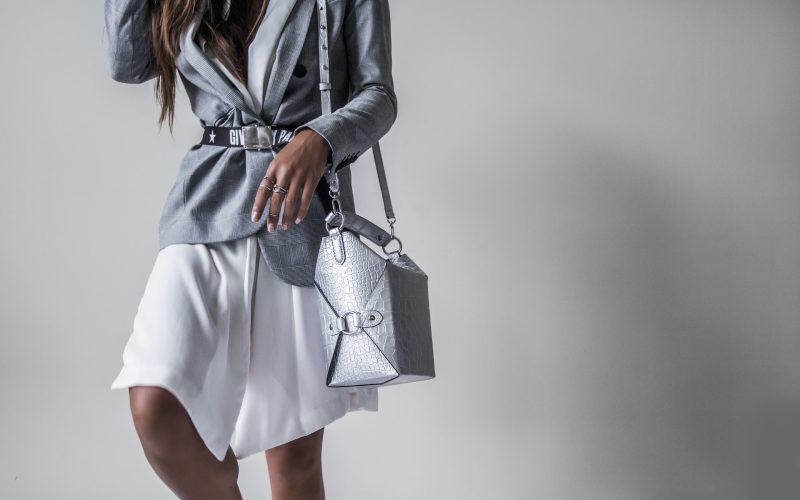Fashion by its nature is about being at the forefront of the beautiful, new, and exciting, which is why it is such an attractive proposition when it comes to investment.
However, in the past few years the industry has faced emerging challenges as consumers have learned about the environmental impact it has on the planet.
Now, the task of the fashion world is not only to create clothing that will sell, but to do it in a more eco-friendly way.
An increasing number of shoppers are demanding that their clothes are created with as little harm to the planet as possible, and brands rethink the way that they do business.
Until recently, it was fast fashion that made the sector so exciting. However, that has been superseded by the idea that clothing can be created, recycled, and sold in more sustainable ways – making for a future that is interesting and purposeful.
High street brands now have lines that are created from repurposed materials, while others are encouraging their followers to resell unworn clothing online. Companies like Levi’s are finding new ways to manufacture denim.
Fast fashion, whereby it was possible to buy cheaper copies of clothes straight off the runway, has become a luxury that we can no longer afford. It might come with a low price tag, but the cost to the environment is huge.
It is now reckoned that fast fashion has been one of the biggest contributors to waste and climate change, which is why there’s urgency to making the tide turn in favour of a more sustainable ethos.
Figures show that when factoring in the entire lifecycle of a garment, from manufacturing to transportation to ending up in landfill, a total of 1.2billion tonnes of carbon emissions are released by the fashion industry every year.
None of this leaves fashion looking good.
Customers are becoming increasingly aware to this, and there is a real demand for apparel that is produced in a more caring and responsible way.
This is exemplified in figures which show, according to Forbes, nearly 50 per cent of fast fashion retailers reporting a decline in sales.
Indeed, research shows that 88 per cent of consumers want brands to help them be more environment-friendly.
In 2020, there was also a significant increase in climate change awareness and as a result, 67 per cent of consumers now pay attention to the environmental impacts of their clothing.
Meanwhile, 60 per cent say they started putting more effort into reusing and recycling items.
This certainly has an impact when it comes to the future of fashion investment.
In fact, anyone investing in the industry in the future needs to be on board with this new way of thinking.
Financiers such as Javad Marandi, of the Marandi Foundation, are already at the forefront of the green revolution, advocating that instead of going down the fast fashion route, investors need to take a much savvier approach. If they don’t, they risk losing money in the long run.
Investment is all about looking to the future and the trend is definitely in favour of preserving planet earth.
Younger generations are the consumers of the future, and therefore the ones that business are keen to court for brand loyalty because they are sensitive to the importance of sustainability. They are also willing to buy into smaller labels with a more ethical focus.
And while the Covid-19 pandemic has been a global catastrophe, it has had the benefit of making consumers take stock.
Because people no longer needed to go to work or find something new to wear for a night out, they became used to buying less and reaching for old favourites in their wardrobes.
The result has been a falling out of love with fast fashion.
Add to that the fact that the fashion industry itself also scaled back by reducing the number of its collections each year, from eight to two, and the future of fashion is looking a great deal slower.
The industry has been given a chance to recalibrate and assess the things that are important and will ensure its future is more about sustainability.
Consequently, this is an exciting time for fashion and for those who are willing to invest in its greener, kinder future.









